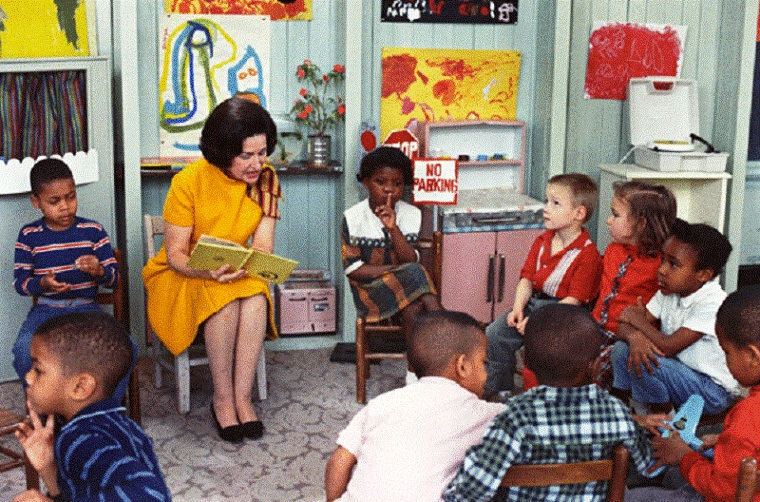It seems like everywhere you turn today, sounds abound…LOUD sounds. Cars zoom down the road, blasting music through the windows. Sometimes the music is so loud, you can hear it even through closed windows.
During the summer, as you walk down many pavements, music boxes are set up and street performers show off their moves, hoping that some generous onlooker will be moved to put some money in their collection box.
Even churches are not immune to this epidemic. On a few occasions, as I approached a church, not being able to hear the words of the songs being sung, if I didn’t see the tell-tail “churchy” building structure, I would not have been able to tell if it were a dance hall or secular club of some sort.
As I go on my daily journeys, many times I tell young people, “I can hear your music through your headphones. Do you know you are damaging your hearing?” Most times the response is something like, “Oh no! I can hear everything.”
I’ve also seen students studying with loud background music. Upon cautioning them about the volume, they always say, “I can study and concentrate in any kind of music. It doesn’t affect me.”
Contrary to what so many of our youth and some older folk believe today, sounds around us affect us every day, even though we are not aware of it. I’ve learned in my studies and research that noise levels affect accuracy. In fact, the sound scientist and consultant, Julian Treasure, stated that introverts find it very difficult to relate when in a noisy environment while doing group work.
How many students in classrooms all around the country would you say are introverts? Hmmm, I think this requires some thought, don’t you?
Your Turn: Have you ever been in a situation where it seemed that the loud sounds around had a negative effect on your thinking and/or performance?




